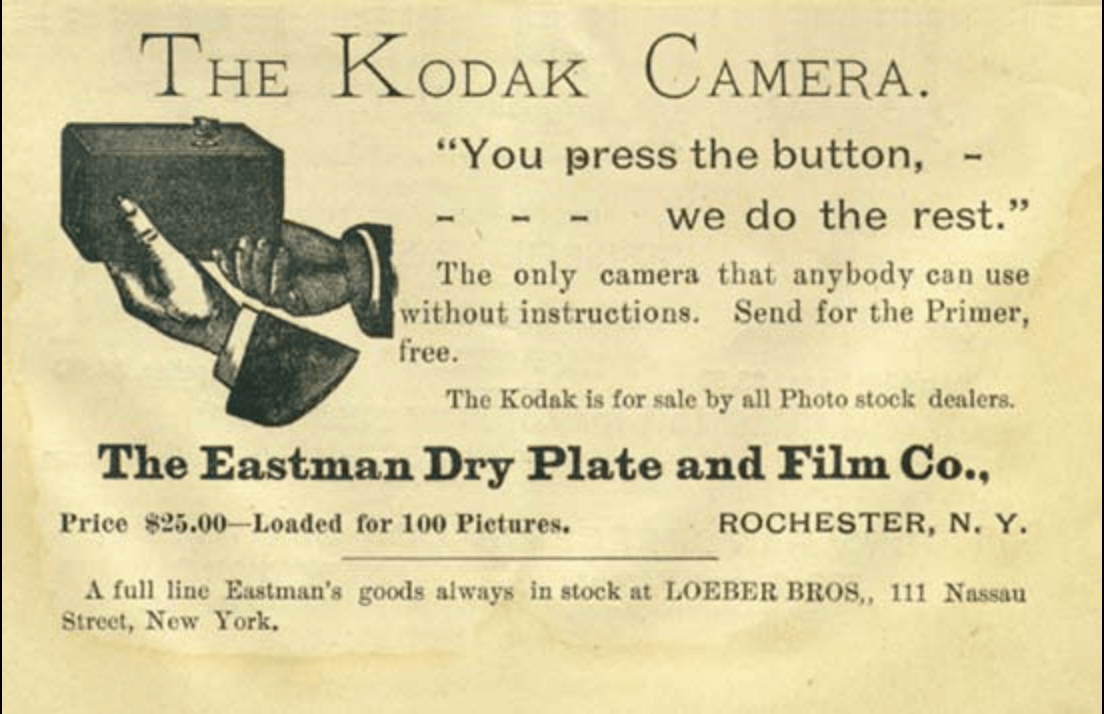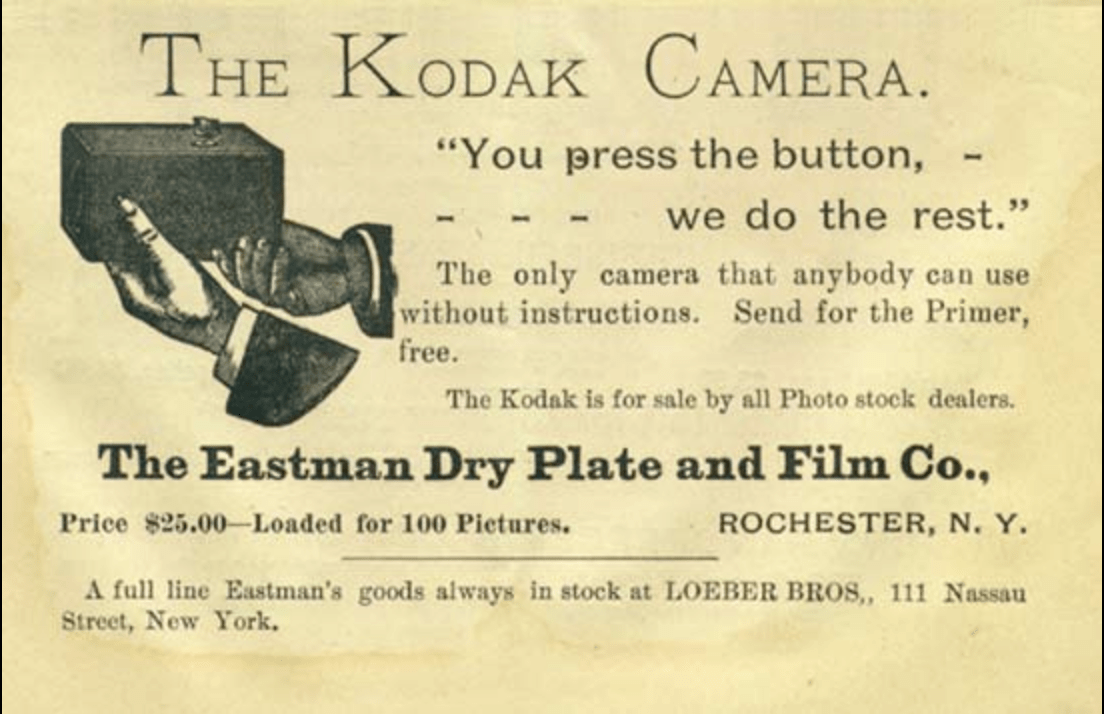In 1987, McDonald's launched a promotion that skyrocketed sales by 40%.
Everything was perfect—until one man spotted a deadly fatal flaw.
For 12 years, he stole $24 million, shaking McDonald’s to its core.
Here’s the story of the fast food’s biggest scandal: 🧵
Everything was perfect—until one man spotted a deadly fatal flaw.
For 12 years, he stole $24 million, shaking McDonald’s to its core.
Here’s the story of the fast food’s biggest scandal: 🧵
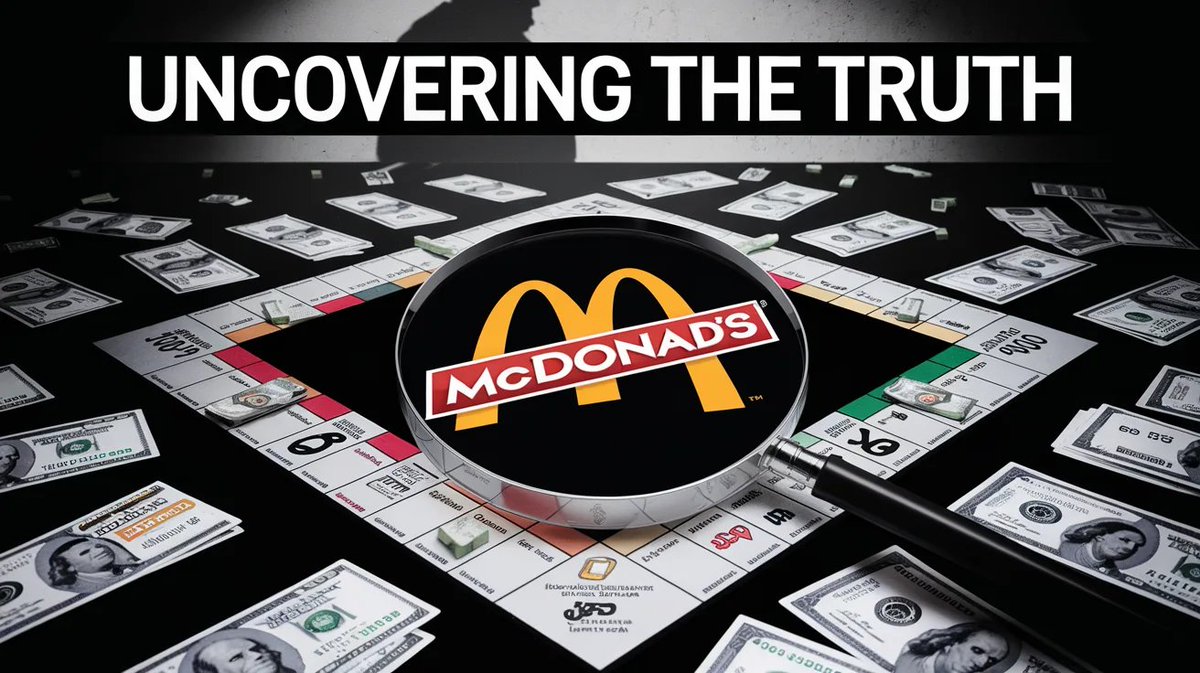
In 1987, McDonald’s launched its Monopoly promotion.
Customers could collect game pieces with every purchase.
Match the right pieces, and you could win prizes ranging from free burgers to $1 million.
It was wildly successful.
Customers could collect game pieces with every purchase.
Match the right pieces, and you could win prizes ranging from free burgers to $1 million.
It was wildly successful.

But while the world was playing, one man was cheating the system: Jerome Jacobson.
Jacobson was the head of security at Simon Marketing, the company managing McDonald’s Monopoly.
His job? Oversee the printing and distribution of the winning game pieces.
Jacobson was the head of security at Simon Marketing, the company managing McDonald’s Monopoly.
His job? Oversee the printing and distribution of the winning game pieces.
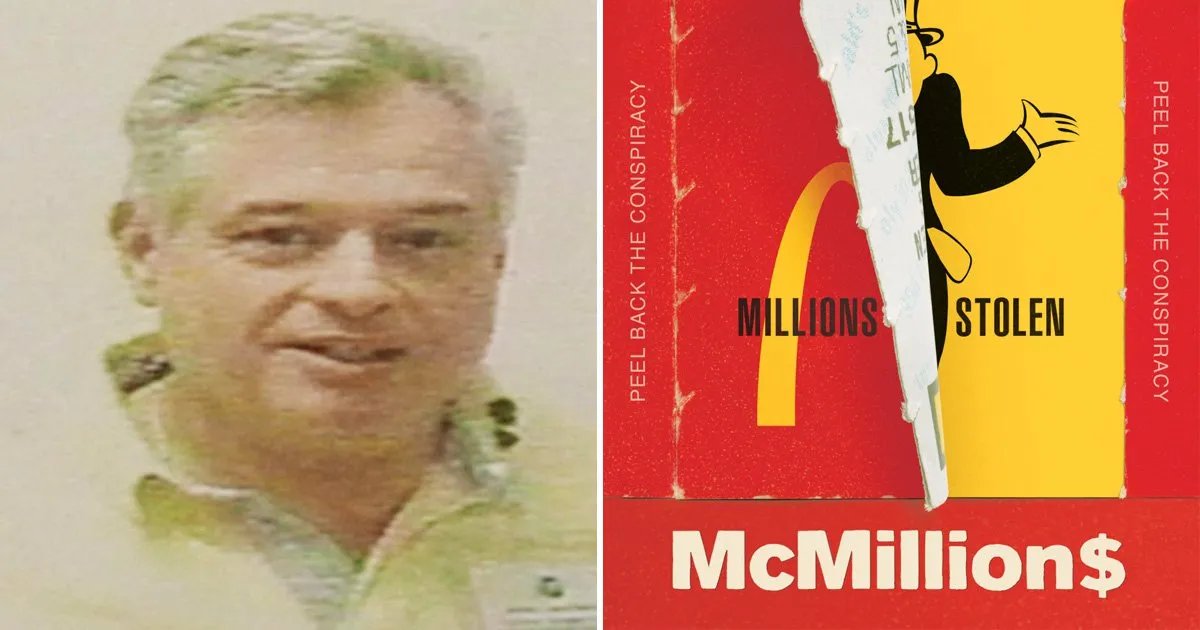
With access to the most valuable pieces, Jacobson saw an opportunity.
Instead of letting the winning pieces reach customers, he kept them for himself.
What followed was one of the most elaborate fraud schemes in corporate history...
Instead of letting the winning pieces reach customers, he kept them for himself.
What followed was one of the most elaborate fraud schemes in corporate history...
To avoid suspicion, he created a network of “winners.”
He distributed winning pieces to friends, family, and even strangers—demanding a cut of their prize money in return.
Here’s how the scam worked:
He distributed winning pieces to friends, family, and even strangers—demanding a cut of their prize money in return.
Here’s how the scam worked:
For over 12 years, Jacobson’s operation expanded.
- Jacobson would secretly pocket winning pieces.
- The winners would claim the prizes, keeping Jacobson out of sight.
- He’d pass them to “winners” in exchange for a cut (sometimes up to 50%).
- Jacobson would secretly pocket winning pieces.
- The winners would claim the prizes, keeping Jacobson out of sight.
- He’d pass them to “winners” in exchange for a cut (sometimes up to 50%).
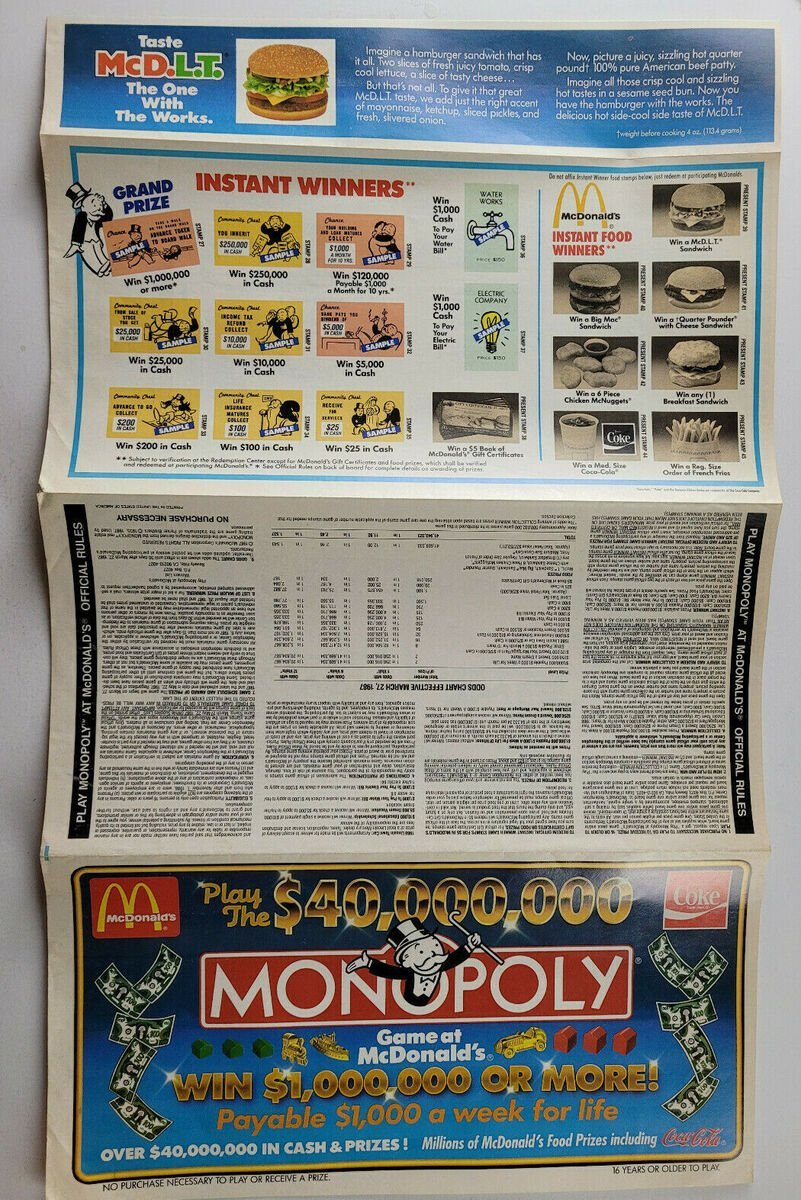
He recruited more middlemen, who recruited their own “winners.”
By the 1990s, Jacobson had stolen over $24 million in prizes—everything from cars to cash.
By the 1990s, Jacobson had stolen over $24 million in prizes—everything from cars to cash.
But like every great scam, cracks began to show.
In the late 1990s, McDonald’s noticed a strange pattern:
- Many winners were from small, connected groups.
- Some winners had ties to Simon Marketing employees.
Something wasn’t right.
In the late 1990s, McDonald’s noticed a strange pattern:
- Many winners were from small, connected groups.
- Some winners had ties to Simon Marketing employees.
Something wasn’t right.

In 2000, the FBI launched “Operation Final Answer.”
Agents posed as a production crew, filming fake interviews with winners to gather evidence.
Agents posed as a production crew, filming fake interviews with winners to gather evidence.
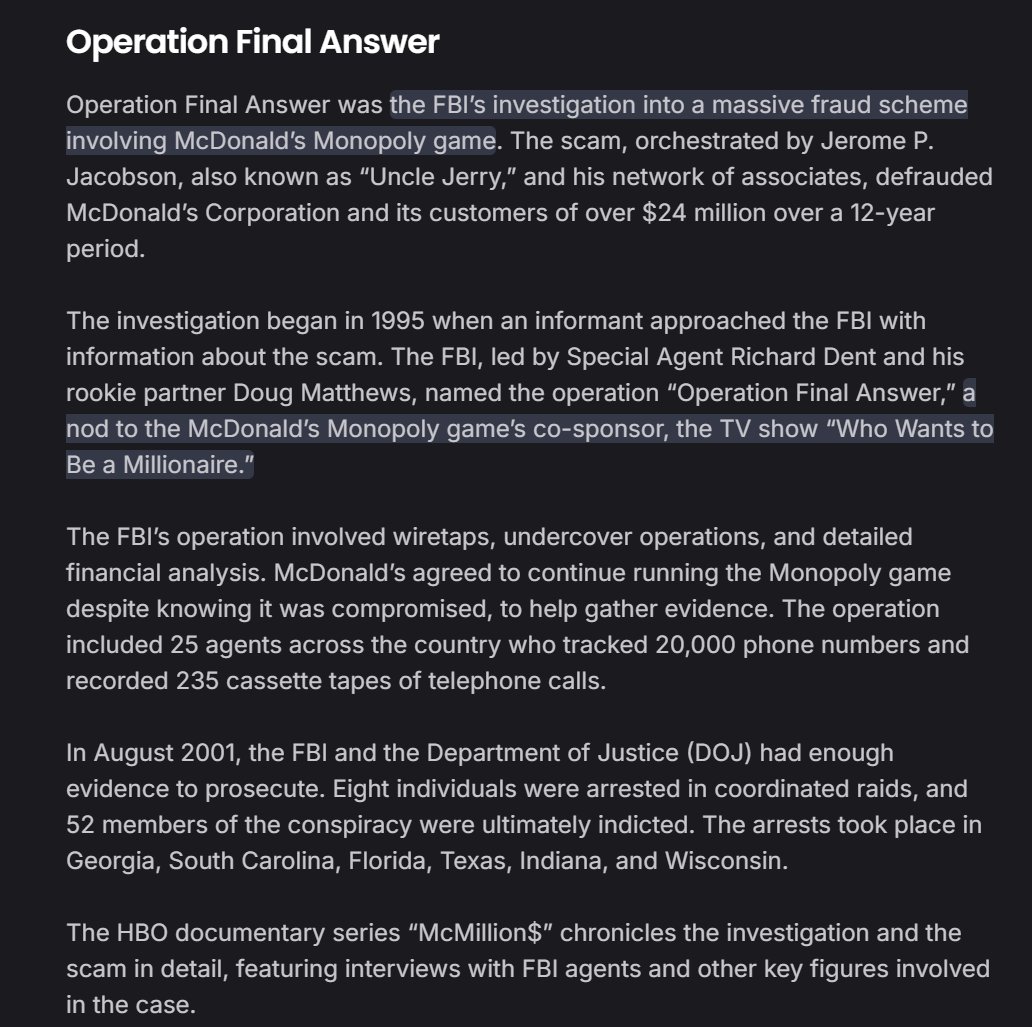
What they uncovered was shocking: a massive fraud ring orchestrated by Jerome Jacobson...
• A web of middlemen.
• Elaborate stories to avoid detection.
• Fake winners across multiple states.
The FBI learned Jacobson had expanded his scam to include hospitals and charities.
• A web of middlemen.
• Elaborate stories to avoid detection.
• Fake winners across multiple states.
The FBI learned Jacobson had expanded his scam to include hospitals and charities.
He gave away winning pieces to gain sympathy and further cover his tracks.
It worked—for a while. In July 2001, the FBI arrested Jacobson and eight accomplices.
It worked—for a while. In July 2001, the FBI arrested Jacobson and eight accomplices.
The charges? Mail fraud and conspiracy.
The trial revealed the full extent of the scam, leaving McDonald’s—and the public—stunned.
The trial revealed the full extent of the scam, leaving McDonald’s—and the public—stunned.
To regain trust, McDonalds launched a $10 million giveaway, ensuring the prizes reached real customers this time.
It was damage control on a massive scale.
As for Jacobson?
He was sentenced to 37 months in prison and ordered to pay $12.5 million in restitution.
It was damage control on a massive scale.
As for Jacobson?
He was sentenced to 37 months in prison and ordered to pay $12.5 million in restitution.

Jerome Jacobson and his network of “winners” became so extensive with people like a butcher in Florida or even a Mormon family in Utah.
Jacobson’s scam worked he preyed on trust and desperation, offering life-changing prizes to people who thought their luck had finally turned.
Jacobson’s scam worked he preyed on trust and desperation, offering life-changing prizes to people who thought their luck had finally turned.
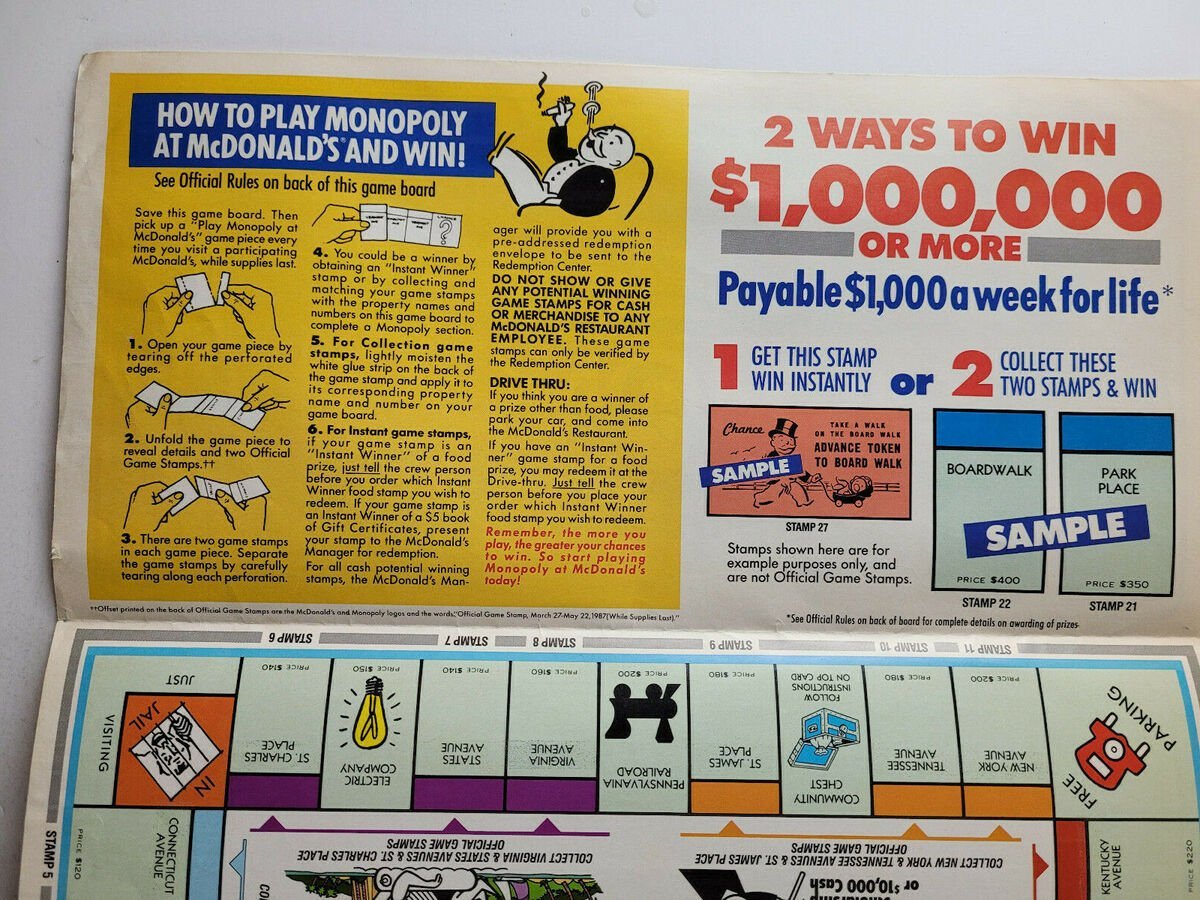
One of the most ironic twists?
Jacobson once donated a winning piece to a children’s hospital.
He hoped this act of generosity would make him seem untouchable.
Instead, it helped the FBI build their case against him.
Jacobson once donated a winning piece to a children’s hospital.
He hoped this act of generosity would make him seem untouchable.
Instead, it helped the FBI build their case against him.
Even after Jacobson was caught, the investigation revealed something shocking:
For 12 years, not a single legitimate customer ever claimed a top prize in McDonald’s Monopoly.
Millions played a rigged game without realizing they had no chance to win.

For 12 years, not a single legitimate customer ever claimed a top prize in McDonald’s Monopoly.
Millions played a rigged game without realizing they had no chance to win.

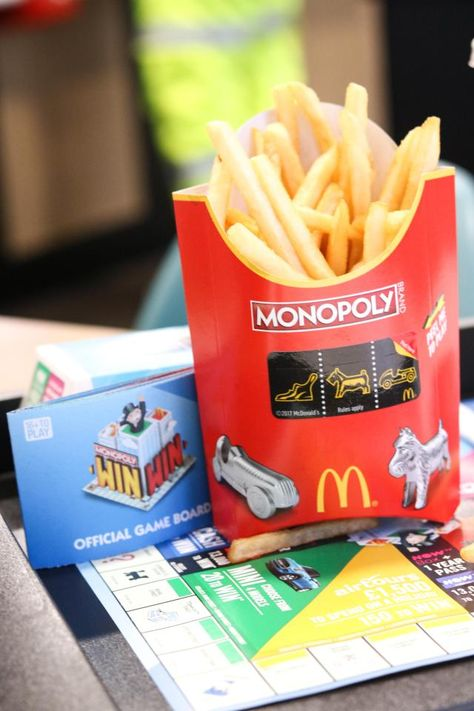
Jacobson was effective not just because of access but his thinking.
He used mental models like:
- Leverage: Expanding his network.
- Inversion: Avoiding detection.
Ethically using these models can solve problems, enhance decision-making, and offer life advantages.
He used mental models like:
- Leverage: Expanding his network.
- Inversion: Avoiding detection.
Ethically using these models can solve problems, enhance decision-making, and offer life advantages.
And in today’s world, one skill stands above the rest: building your personal brand.
Whether you’re crafting viral content, growing an audience, or starting a business, your brand is your greatest asset.
Whether you’re crafting viral content, growing an audience, or starting a business, your brand is your greatest asset.
Creators, brands and ghostwriters:
I'll show you how to craft viral threads like this.
So far, my threads have received +400M impressions and gained +300K followers.
Join my FREE program to become a prolific viral thread writer in just 5 days: writeviralthread.com
I'll show you how to craft viral threads like this.
So far, my threads have received +400M impressions and gained +300K followers.
Join my FREE program to become a prolific viral thread writer in just 5 days: writeviralthread.com
While building your brand, having the right tools to think sharper and make smarter decisions is key.
That’s why I created a free collection with 90+ most powerful mental models for the 21st century:
geniusgtx.gumroad.com/l/mentalmodels
That’s why I created a free collection with 90+ most powerful mental models for the 21st century:
geniusgtx.gumroad.com/l/mentalmodels
We are ONE genius away from saving the world.
Follow me @GeniusGTX for more stories and tools to unlock your genius.
What’s your biggest takeaway from this thread?
Stay extraordinary,
GeniusGTX.
Follow me @GeniusGTX for more stories and tools to unlock your genius.
What’s your biggest takeaway from this thread?
Stay extraordinary,
GeniusGTX.
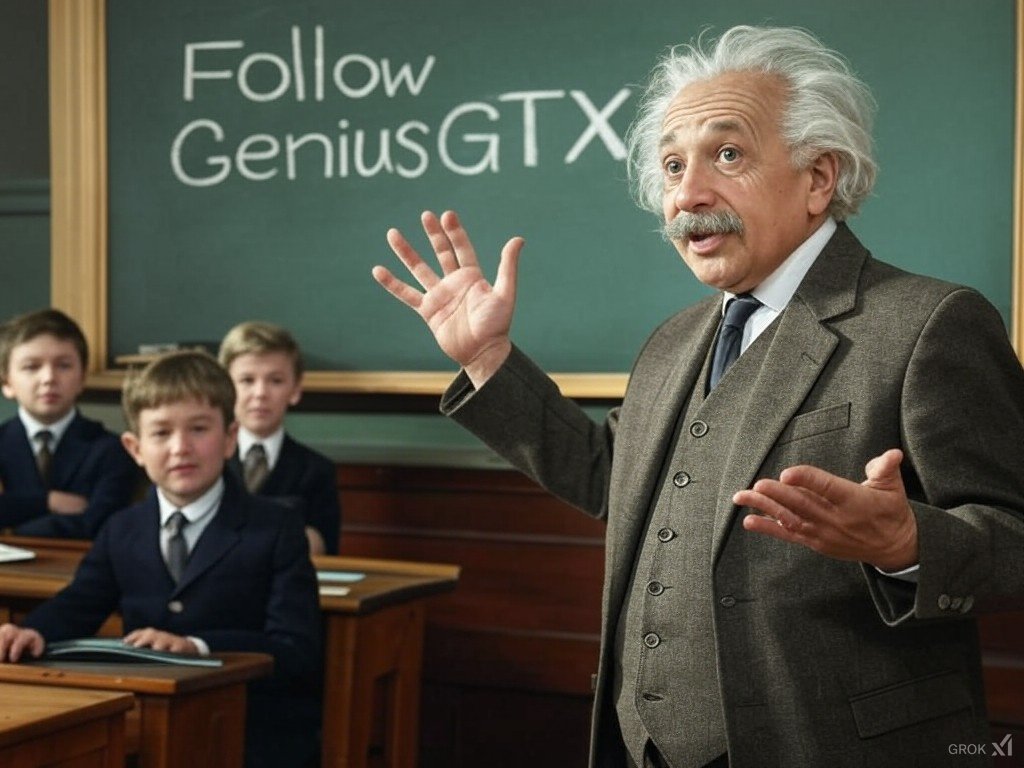
Some of the clips from this thread are from this brilliant video by Fern.
Have a watch for an even deeper and more comprehensive understanding of the story.
Thank you for reading :)
Have a watch for an even deeper and more comprehensive understanding of the story.
Thank you for reading :)
• • •
Missing some Tweet in this thread? You can try to
force a refresh




